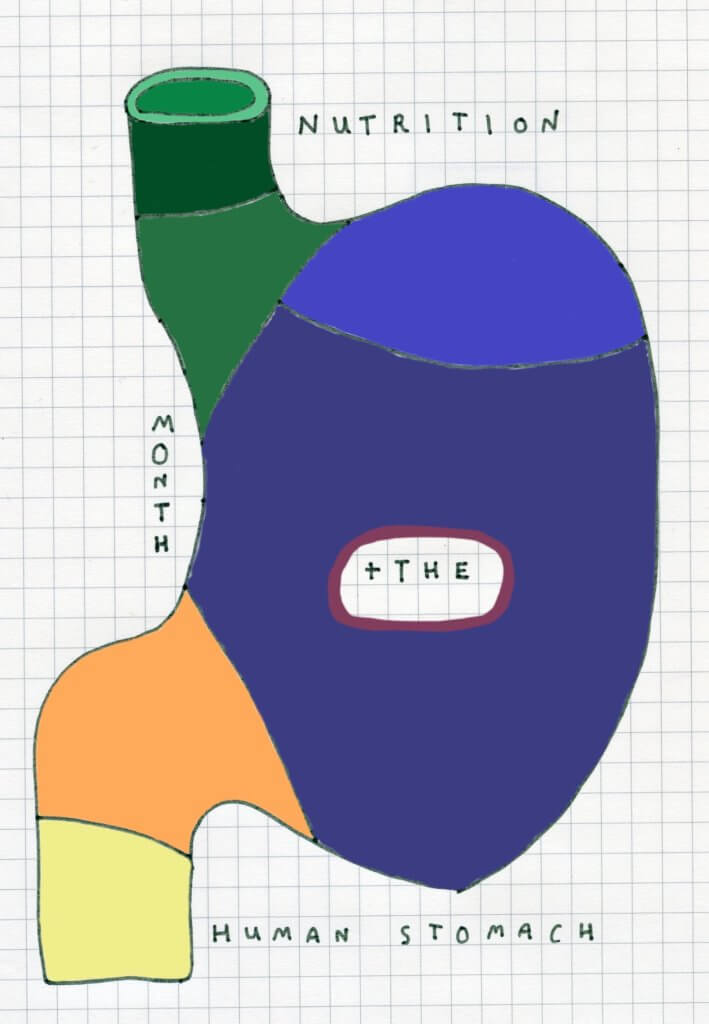Unlocking the potential of food

March marks Nutrition Month for 2019, and with that comes new resources, fact sheets and featured recipes. Nutrition Month has been celebrated across Canada for over 30 years. It is one of the biggest public awareness campaigns advocating for proper diet and overall health.
What began as a small “nutrition week” campaign in the 1970s quickly turned into a month-long national event, aiming to provide all Canadians with accurate information about the benefits in the foods they are consuming. There are different themes each year, depending on the current health environment. This year’s theme – Unlock the Potential of Food – is all about possibilities.
Kosta Petrovic, a linebacker and second-year political science major, described nutrition as “one of the most important aspects of being a student-athlete.”
“It’s important to have enough energy to complete workouts and practices,” he added. “When you’re eating unhealthy, it’s almost impossible. Nutrition has to be one of your top priorities.”
The Nutrition Month campaign provides Canadians with tools to improve their overall health. On the Dietitians of Canada website, there are a variety of factsheets about finding the hidden potentials of nutrients in your food. These include tips for healthy snacks, cooking for kids and how to build a balanced diet.
With nutrition come professional opinions on food and health. This year marks the 10th year Canada will celebrate National Dietitians Day. March 20 will acknowledge “the healthcare professionals committed to using their specialized knowledge and skills to translate the science of nutrition into terms everyone can understand,” according to the Dietitians of Canada website.
This year’s nutrition month focuses on the changes made to Canada’s national food guide in 2018, advising Canadians to aim for more whole-grain foods, meat alternatives, vegetables and fruits, and to choose water as their drink of choice.
“I think athletes can maintain the same level of nutrition with these changes, but it isn’t easy,” Petrovic said. “Most athletes don’t have much knowledge on meat and dairy alternatives so they stay away from it.”
The recipes the campaign provided reflected the changes in the new food guide, focusing more on the inclusion of meat substitutes like chickpeas, nuts and seeds. The recipes also favoured the switch to avocados as a source of fats and beets as a source of vitamins and nutrients.
Focusing on consuming more whole grains, fruits and vegetables may encourage some to transition to a vegetarian or vegan diet. “I grew up in rural New Brunswick on a farm, so eating those animals really became a problem for me,” said Toni Roberts, a sociology professor, on being a vegetarian. “People used to tell me that being a vegetarian meant I would be unhealthy and not get enough protein in my diet and that just isn’t the case. Nutrition is important and I want to be healthy, and that’s not an issue on a vegetarian diet.”
The Dietitians of Canada website claims that food has the “potential to fuel, to discover and to bring us together.” For more information on how you can unlock the potential of food, visit nutritionmonth2019.ca!





